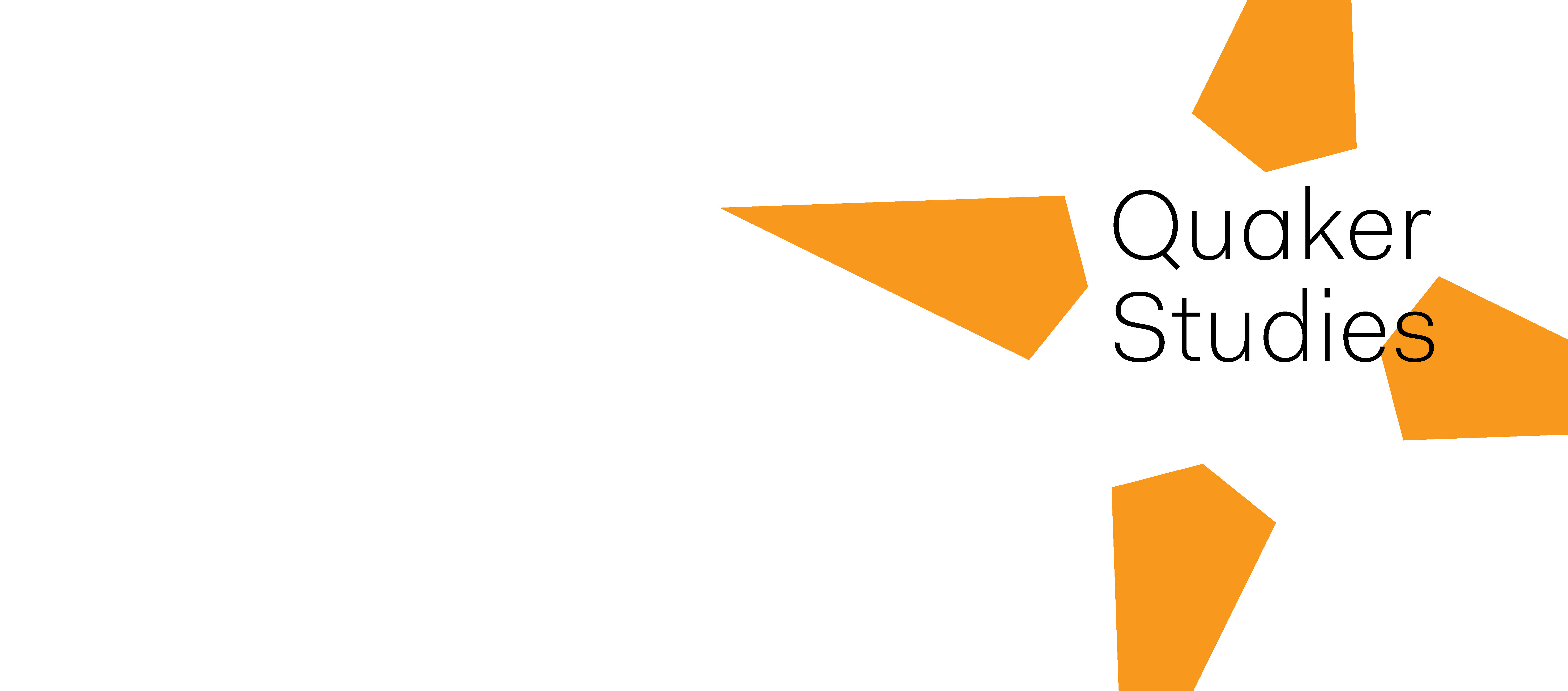Abstract
In July 1821 William and Mary Mullet and their eleven children emigrated from the county of Somerset, England to the colony of Upper Canada, British North America. The failure of William’s tannery in the depression that followed the Napoleonic wars led Friends and extended family to raise funds to send the family to Upper Canada where it was hoped that they would prosper. The Mullets settled in the Quaker community of Adolphustown and married into the established Quaker families in the area. About the same time, another branch of the family emigrated from England to Maryland, United States. The family’s correspondence with their English and American relatives along with other personal papers provide a unique window through which to view the experience of migration and British-Quaker identity in the context of the rapidly changing transatlantic Quaker community of the early nineteenth century. In this era of tremendous change, transatlantic identities were reclassified within specific nation-building narratives. As much as these English Friends were shaped by the world they encountered, they influenced the communities in which they settled, helping to create a unique British-Canadian Quaker identity that was similar to, yet distinct from, both its British and American counterparts.
Keywords
West Lake, identity, Atlantic world, migration, Upper Canada, Mullett family, transatlantic, Adolphustown
How to Cite
Healey, R., (2011) “‘I am Getting a Considerable of a Canadian they Tell Me’: Connected Understandings in the Nineteenth-Century Quaker Atlantic*”, Quaker Studies 15(2), 227–245. doi: https://doi.org/10.3828/quaker.15.2.227
83
Views
123
Downloads
